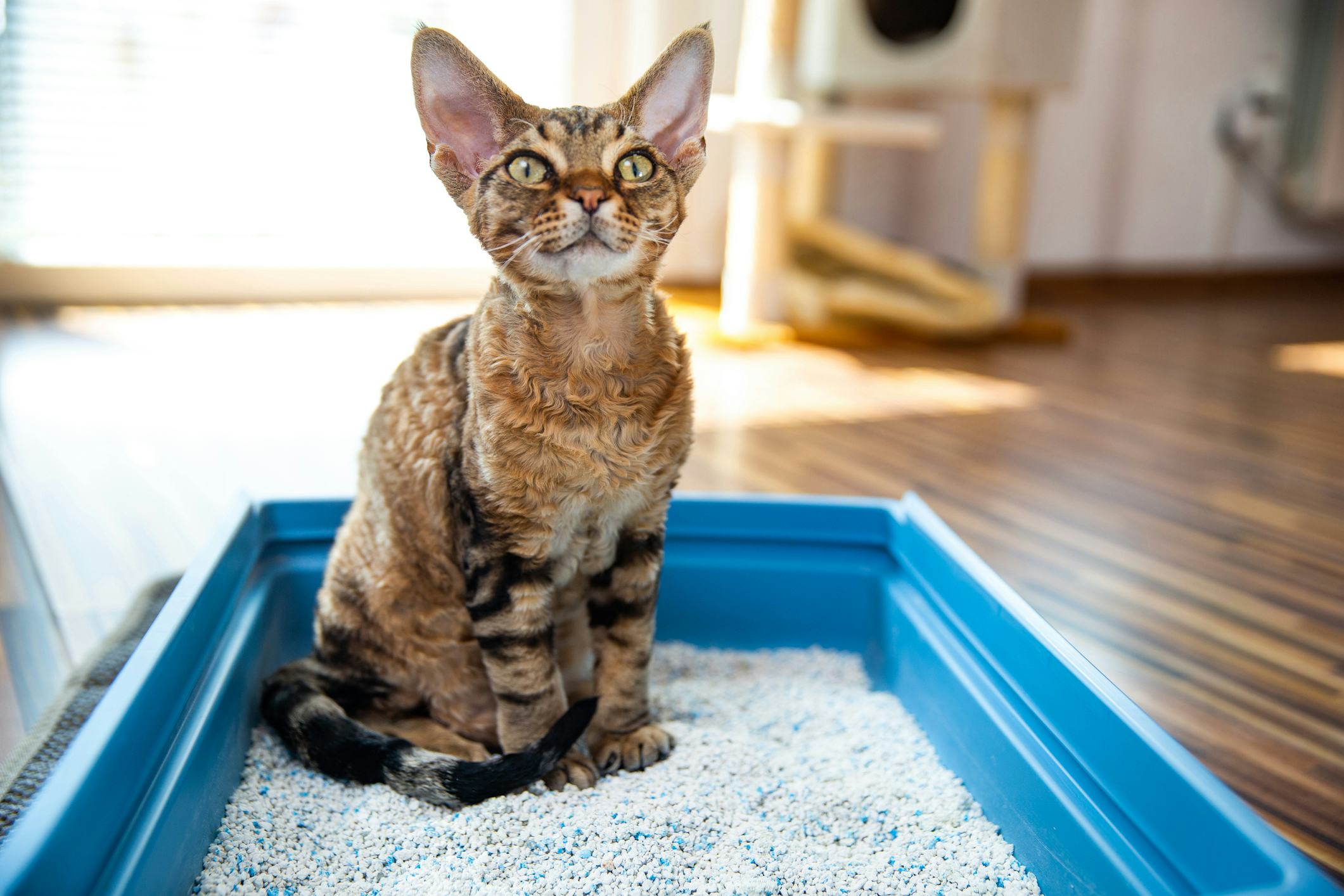Dangers of Disposing Cat Poop in Your Toilet - Precautionary Measures
Dangers of Disposing Cat Poop in Your Toilet - Precautionary Measures
Blog Article
The content which follows about Don’t flush cat feces down the toilet is definitely intriguing. Read on and make your own personal findings.

Introduction
As feline owners, it's necessary to be mindful of how we deal with our feline close friends' waste. While it might seem practical to flush feline poop down the bathroom, this method can have damaging effects for both the atmosphere and human health and wellness.
Alternatives to Flushing
Luckily, there are much safer and a lot more accountable ways to dispose of pet cat poop. Take into consideration the complying with alternatives:
1. Scoop and Dispose in Trash
One of the most typical method of getting rid of cat poop is to scoop it right into a biodegradable bag and toss it in the garbage. Be sure to make use of a devoted clutter scoop and take care of the waste quickly.
2. Usage Biodegradable Litter
Choose eco-friendly cat trash made from products such as corn or wheat. These litters are environmentally friendly and can be securely gotten rid of in the garbage.
3. Hide in the Yard
If you have a yard, think about hiding pet cat waste in a marked location away from vegetable gardens and water sources. Make sure to dig deep sufficient to avoid contamination of groundwater.
4. Mount a Pet Waste Disposal System
Buy a pet garbage disposal system especially developed for pet cat waste. These systems use enzymes to break down the waste, lowering odor and ecological impact.
Health and wellness Risks
Along with environmental concerns, flushing pet cat waste can also present wellness dangers to people. Cat feces might contain Toxoplasma gondii, a parasite that can trigger toxoplasmosis-- a potentially extreme disease, particularly for pregnant ladies and people with damaged body immune systems.
Ecological Impact
Purging feline poop presents unsafe microorganisms and bloodsuckers into the water, positioning a substantial risk to water ecological communities. These contaminants can negatively affect aquatic life and concession water quality.
Final thought
Accountable family pet possession expands beyond offering food and shelter-- it likewise includes appropriate waste administration. By avoiding purging feline poop down the bathroom and choosing alternative disposal methods, we can minimize our environmental footprint and shield human wellness.
Why You Should Never Flush Cat Poop Down the Toilet
A rose by any other name might smell as sweet, but not all poop is created equal. Toilets, and our sewage systems, are designed for human excrement, not animal waste. It might seem like it couldn’t hurt to toss cat feces into the loo, but it’s not a good idea to flush cat poop in the toilet.
First and foremost, assuming your cat uses a litter box, any waste is going to have litter on it. And even the smallest amount of litter can wreak havoc on plumbing.
Over time, small amounts build up, filling up your septic system. Most litter sold today is clumping; it is made from a type of clay that hardens when it gets wet. Ever tried to scrape old clumps from the bottom of a litter box? You know just how cement-hard it can get!
Now imagine just a small clump of that stuck in your pipes. A simple de-clogger like Drano isn’t going to cut it. And that means it’s going to cost you big time to fix it.
Parasitic Contamination
Believe it or not, your healthy kitty may be harboring a nasty parasite. Only cats excrete Toxoplasma in their feces. Yet it rarely causes serious health issues in the cats that are infected. Most people will be fine too if infected. Only pregnant women and people with compromised immune systems are at risk. (If you’ve ever heard how women who are expecting are excused from litter cleaning duty, Toxoplasma is why.)
But other animals may have a problem if infected with the parasite. And human water treatment systems aren’t designed to handle it. As a result, the systems don’t remove the parasite before discharging wastewater into local waterways. Fish, shellfish, and other marine life — otters in particular — are susceptible to toxoplasma. If exposed, most will end up with brain damage and many will die.
Depending on the species of fish, they may end up on someone’s fish hook and, ultimately on someone’s dinner plate. If that someone has a chronic illness, they’re at risk.
Skip the Toilet Training
We know there are folks out there who like to toilet train their cats. And we give them props, it takes a lot of work. But thanks to the toxoplasma, it’s not a good idea.

As an enthusiastic reader about Don’t flush cat feces down the toilet, I figured sharing that piece of content was sensible. Do you know another individual who is looking into the niche? Take a moment to share it. Kudos for your time. Please visit our site back soon.
Additional Information Report this page